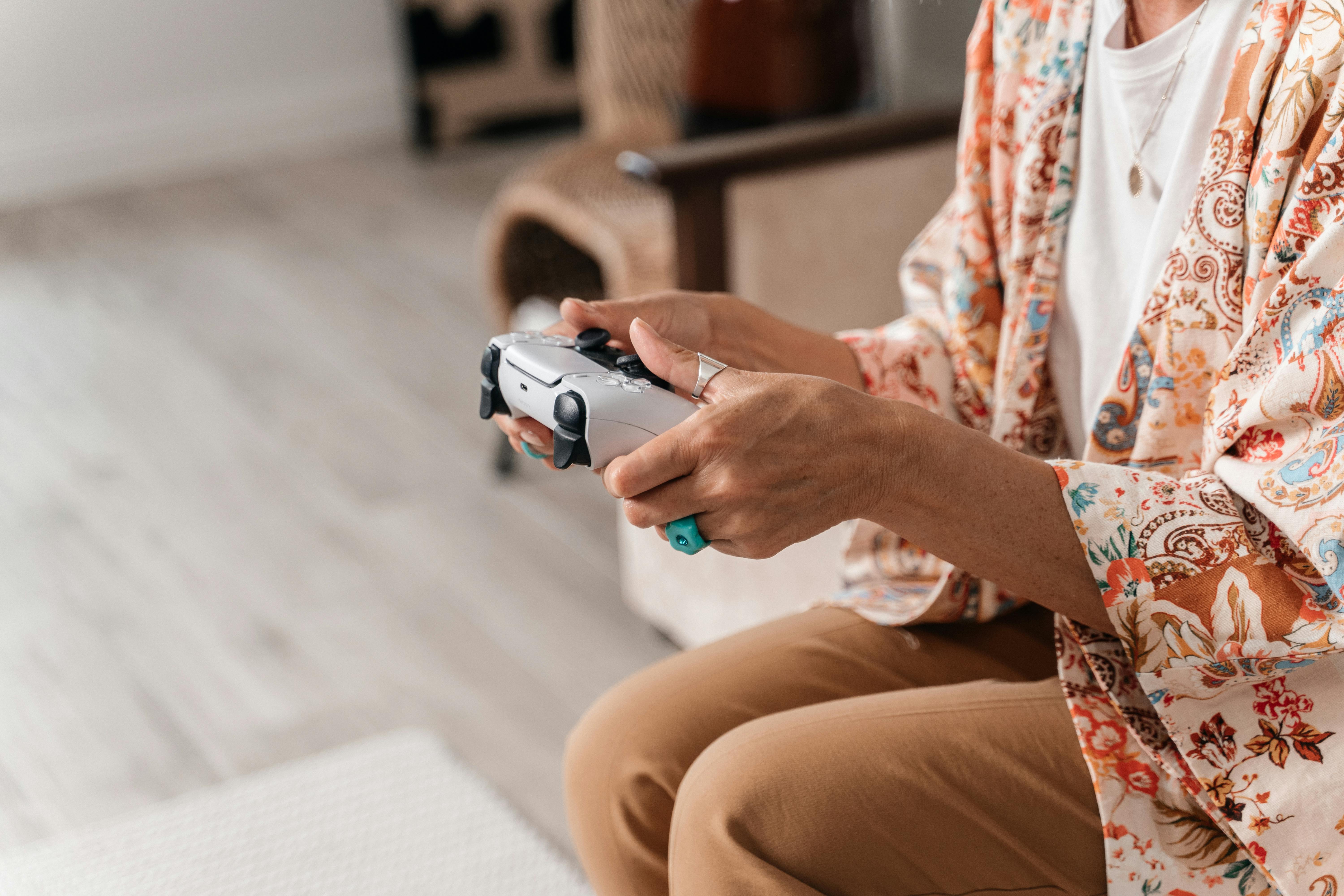Beyond the Pixel: The Intersection of Gaming and Mental Health
Introduction: Dive into the fascinating intersection of the gaming industry and mental health. Discover how developers are creating games that not only entertain but also help players understand and manage their mental well-being. The relationship between gaming and mental health has been a subject of debate for decades. Initially, the narrative was primarily negative, with critics suggesting that video games could lead to addiction, violent behavior, and other psychological issues. However, the last decade has seen a shift in perspective. Recent research indicates that games can also have positive impacts on mental health, leading to an emerging trend of games designed with mental health themes and mechanics in mind.

The Current Landscape: Mental Health-Themed Games
Today, we see an increasing number of games specifically designed to address mental health issues. These games use compelling narratives, empathetic character design, and immersive gameplay to create experiences that can educate, comfort, and provide coping mechanisms. Noteworthy examples include “Hellblade: Senua’s Sacrifice”, which explores psychosis, and “Celeste”, a game about conquering anxiety and depression.
The Significance: Games as Tools for Empathy and Understanding
These mental health-themed games hold essential cultural significance. They serve as powerful tools for empathy, allowing players to step into the shoes of characters dealing with mental health struggles. In doing so, they promote a deeper understanding and destigmatization of mental health issues. Player reception has been overwhelmingly positive, with many praising the games for their respectful and insightful portrayals of mental health.
The Science: Games and Cognitive Therapy
Beyond their cultural impact, these games also hold potential therapeutic value. Cognitive-behavioral therapy (CBT) is a widely used treatment for various mental health disorders, and many elements of CBT—such as problem-solving, coping, and resilience—align with typical gameplay mechanics. Some researchers argue that games can be a form of “digital therapy,” providing players with opportunities to practice these skills in a safe, controlled environment.
The Future: Harnessing the Power of Games for Mental Health
As the gaming industry continues to evolve and innovate, it’s likely that the intersection of gaming and mental health will only become more prominent. Developers are already exploring new ways to incorporate mental health themes into their games, and there’s potential for collaborations with mental health professionals to create games that are not just entertaining but also beneficial for mental well-being.
Gaming has come a long way from its roots as a simple pastime. Today, it has the potential to be a powerful tool for understanding, empathy, and even therapy. As we look to the future, it’s clear that the intersection of gaming and mental health will continue to be a vital and exciting area of exploration.






